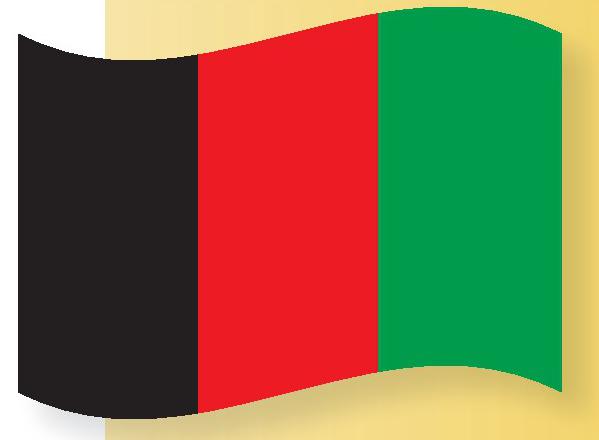
Afghanistan is mainly known to GCSE history students for two tragic reasons: the bloody and costly Soviet occupation, which lasted from 1979 to 1989; the ongoing war stemming from the 2001 US invasion to hunt down Osama bin Laden (the man the USA held responsible for the 9/11 terrorist attacks) and to remove from power the fundamentalist Taliban government suspected of sheltering him.
This article focuses on the effect the first of these — the Soviet occupation of Afghanistan — had on superpower relations. The war in Afghanistan was part of a larger conflict between the USA and the Soviet Union, and for 10 years the country and its people became a pawn in the Cold War.
Your organisation does not have access to this article.
Sign up today to give your students the edge they need to achieve their best grades with subject expertise
Subscribe




